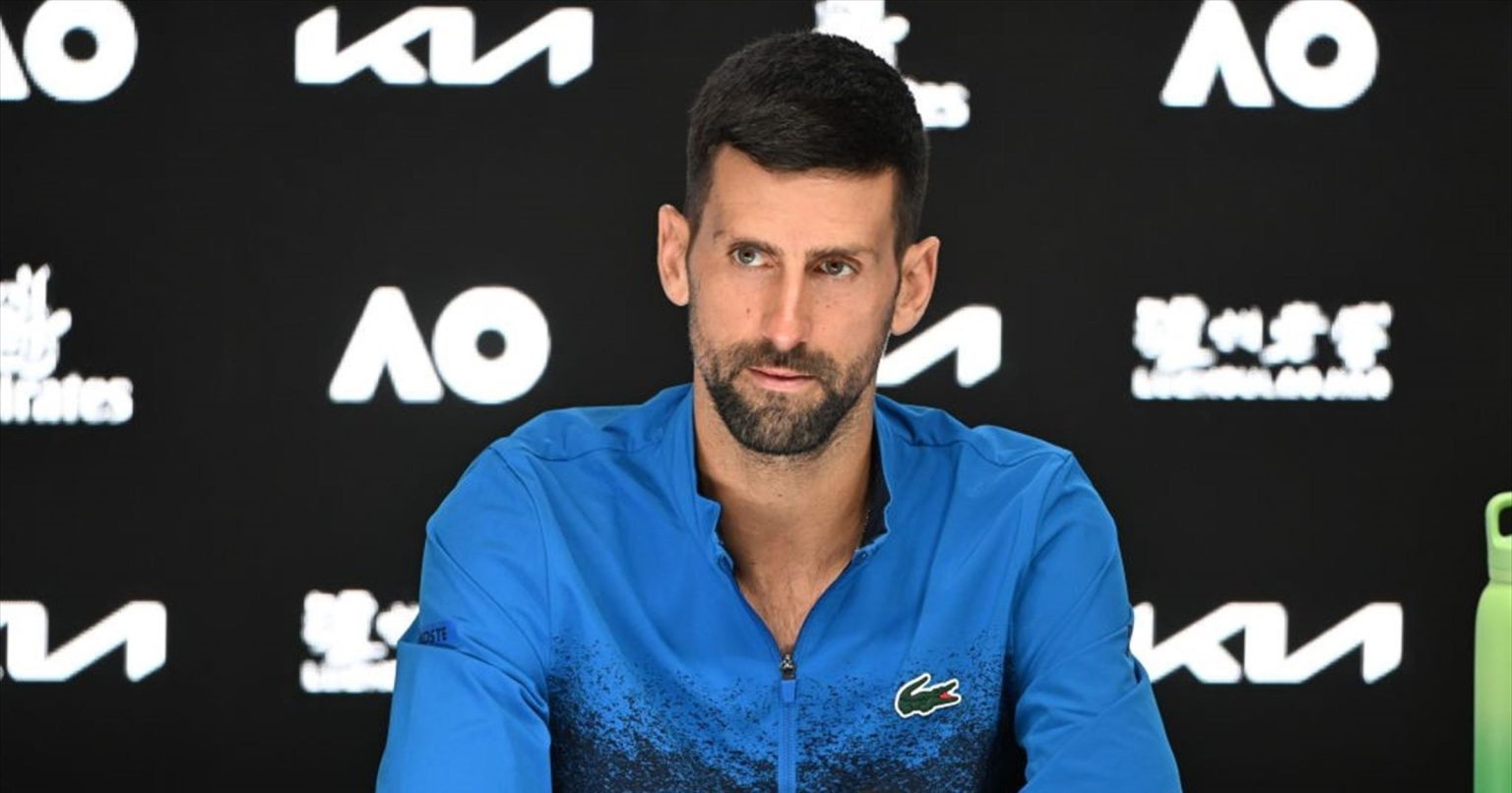The recent Australian Open saw a clash between tennis star Novak Djokovic and Channel Nine broadcaster Tony Jones, stemming from on-air comments made by Jones. During a live broadcast, while Serbian fans celebrated in the background, Jones exclaimed, “Novak, he’s overrated, Novak’s a has-been, Novak kick him out.” Djokovic, a 24-time Grand Slam champion, found these remarks “insulting and offensive,” particularly the “kick him out” comment, given his prior deportation from Australia three years earlier due to Covid-19 regulations. This incident led to Djokovic refusing a post-match interview, a decision he later explained was motivated by Jones’ perceived mockery of Serbian fans and the disrespectful comments directed towards him.
Following Djokovic’s reaction, Jones issued a public apology on Channel Nine, acknowledging that his comments, intended as “banter and humour,” had caused offense. He admitted to understanding Djokovic’s anger, particularly regarding the “kick him out” remark, recognizing the sensitivity of the issue given Djokovic’s past experience with deportation. Jones emphasized his remorse, stating that he felt he had let down the Serbian fans and that his apology was genuine. He also expressed a desire to meet with Djokovic in person to further address the matter, a meeting that had been proposed but hadn’t yet taken place at the time of the apology.
Jones explained that he had contacted the Djokovic camp and offered an apology 48 hours prior to his public statement, as soon as Tennis Australia relayed the camp’s displeasure. He reiterated his apology, directly addressing Djokovic and the Serbian fans, acknowledging his misjudgment. He stated that his intent was to engage in light-hearted banter, a style he typically employs, but recognized that his words had been interpreted differently and caused offense. He acknowledged that the situation had caused personal distress for both himself and Djokovic.
The controversy unfolded against the backdrop of Djokovic’s participation in the Australian Open, where he was scheduled to face Carlos Alcaraz in a highly anticipated quarter-final match. This added another layer of complexity to the situation, potentially affecting Djokovic’s focus and preparation for the crucial game. The incident highlighted the potential for misinterpretation and offense in a live broadcast environment, even with intentions of humor, especially given the charged history surrounding Djokovic’s presence in Australia.
Tennis Australia confirmed that Djokovic accepted Jones’ public apology and was shifting his focus back to the tournament, specifically his upcoming match against Alcaraz. This suggested a willingness from both parties to move past the incident and prioritize the sporting event. The statement from Tennis Australia emphasized Djokovic’s acknowledgment of the apology and his intention to concentrate on his performance, indicating a desire to diffuse the situation and avoid further distractions.
The incident involving Djokovic and Jones underscores the sensitive nature of public commentary, particularly when it involves individuals with complex past experiences and passionate fan bases. It highlights the need for broadcasters to be mindful of the potential impact of their words, even when intended as light-hearted banter. The swift apology from Jones and Djokovic’s acceptance of it demonstrated a desire to resolve the issue and maintain the focus on the tennis tournament itself. The event ultimately served as a reminder of the power of words and the importance of sensitivity and respect in public discourse.

